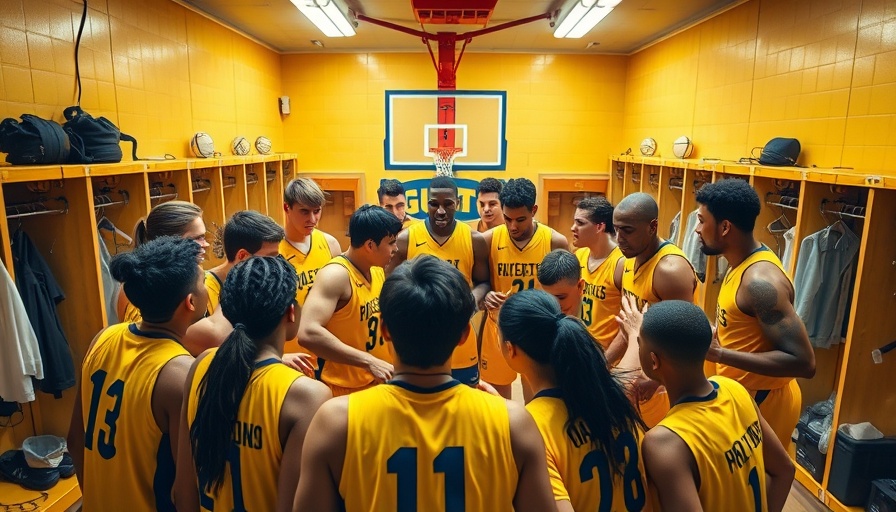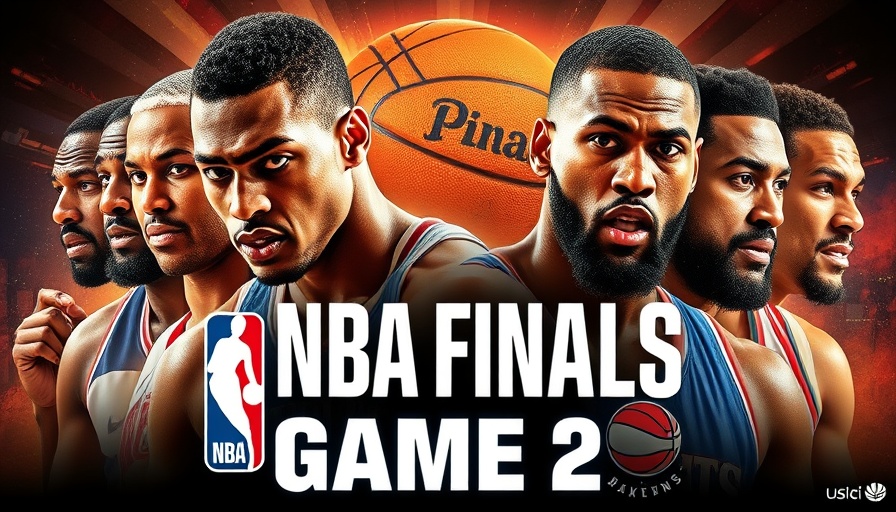
The Importance of Communication in Sports
In sports, communication plays a pivotal role in ensuring that players are on the same page, especially during high-pressure situations like those seen in the NFL or college football games. The humorous quip from the viral video, "What kind of ball was that?" encapsulates a moment that many athletes and fans can relate to. Miscommunication in sports can lead to critical mistakes on the field. Working together, understanding non-verbal cues, and discussing strategies can elevate team performance, making awareness of communication nuances essential for success.
In 'He was not happy 🤣 (via @monicuhh_3/TT)', the discussion dives into the humorous side of sports communication, exploring key insights that sparked deeper analysis on our end.
Humor as a Binding Force
Humor, illustrated poignantly in the viral clip, serves as an essential glue that holds teams together. It fosters camaraderie and mitigates stress during the rigorous practice sessions and the high-stakes atmosphere of games. Athletes often find themselves in tense situations where a light-hearted comment can help alleviate pressure, allowing them to focus better on the task at hand. This reflects a broader societal trend where mental well-being is equally as vital as physical prowess.
Similar Moments in Sports History
Reflecting on this humorous take brings to mind past instances in sports where humor has made headlines. Consider the infamous "The Fumble" in the 1987 AFC Championship Game or the playful antics of NFL quarterback Patrick Mahomes as he interacts with his teammates. These moments remind us that sports, while highly competitive, are also about the joy of the game. They serve to show that even amidst high-pressure competitions, the ability to laugh at oneself and embrace unexpected mishaps creates unforgettable memories.
The Cultural Impact of Viral Sports Moments
The influence of viral moments extends beyond sports fields into social discussions. With the rise of social media platforms, fan interactions now encompass memes, humor-focused sports podcasts, and more. The video snippet of the player’s reaction might incite discussions about sportsmanship, mental health, or even team dynamics—connecting fans of different ages and backgrounds over shared experiences. This blending of humor and critical thinking opens channels for innovative conversations about favorite players, like LeBron James and Tom Brady, linking emotional moments to sports fan culture.
The Future of Sports Storytelling
As we look forward, the integration of humor and serious discussions about athletes’ mental health may shape how sports narratives are conveyed. In the lead-up to major events—whether it's the Super Bowl, March Madness, or the Olympic Games—we can expect athletes to leverage their platforms to share not only the journeys of victory but also the mishaps that lead to laughs and deeper connections amongst fans. A shift in storytelling that encompasses humor could redefine our understanding of sports, pushing forward not just the scores but the human side of the athletic experience.
Call to Action
If you found enjoyment in exploring this connection between humor and sports, consider sharing your thoughts on social media, or even better, start a conversation with fellow sports aficionados! Engage with the latest NFL news, college football scores, and personal anecdotes—this is how we create a richer sports community and enhance the joy of our favorite games.
 Add Element
Add Element  Add Row
Add Row 



 Add Row
Add Row  Add
Add 


Write A Comment